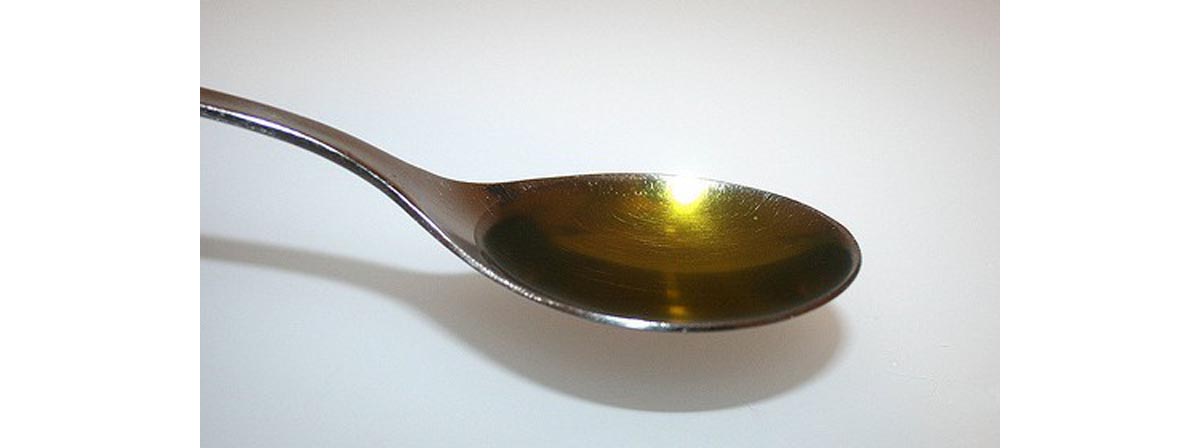Table of Contents
The recent Italian study was not the first time a clinical trial of the use of fish oil had found that it failed to provide protection against cardiovascular illness. A study published in 2010 found that taking fish oil did not protect against a condition known as atrial fibrillation in people who had already had a heart attack. However, what the headlines concerning this study overlook is that users of fish oil experienced lower than expected rates of heart attack, stroke, and sudden death, they simply did not get better results than people who took the placebo capsule, which in this study was a capsule of olive oil.

Another way of looking at these results is that fish oil and olive oil may be equally beneficial. And no fewer than 39 studies have found that olive oil protects against various manifestations of cardiovascular illness.
What do scientists believe olive oil can do for you?
- A study sponsored by the US Environmental Protection Agency implies that adding just a small amount of olive oil to the diet, 3 grams (about a tablespoon) per day to be precise, can protect against the cardiovascular effects of dust and fine particulate matter in the air. Air pollution, many would be surprised to learn can cause irregular heartbeat, high blood pressure, and even high cholesterol.
- Scientists at the Universidad de Zaragoza in Spain confirm that consuming oil olive increases heart-protective HDL cholesterol.
- A group of researchers sponsored by the University of Tsukuba in Japan report that a compound in olive oil and olive leaf extract called hydroxytyrosol helps blood vessels dilate through a biochemical process similar to the process triggered by taking a nitroglycerin pill or nitroglycerin spray, without their unpleasant side effects (usually a headache later).
- Laboratory studies with animals at the University of Siena in Italy have found that adding olive oil to their diets decreases platelet aggregation, making red blood cells less “sticky” and less likely to form clots, and reduces the production of inflammation-causing homocysteine.
- Scientists at the Universidad Complutense de Madrid found that adding a combination of olive oil and sunflower oil to the diets of post-menopausal women lowered LDL (“bad”) cholesterol and reduced the risk of heart attack and stroke.
- And a remarkable finding in many of these studies was that the greatest benefits were obtained from the less expensive refined olive oil, rather than the more expensive virgin olive oil, although both kinds of olive oil are heart-healthy.
What the widely reported study on fish oil probably found was that olive oil was as protective as fish oil, not that fish oil is not beneficial for heart protection. It is still a good idea to take fish oil for fighting inflammation in other organs, but olive oil may be equally as helpful for the heart.
- Risk and Prevention Study Collaborative Group, Roncaglioni MC, Tombesi M, Avanzini F, Barlera S, Caimi V, Longoni P, Marzona I,Milani V, Silletta MG, Tognoni G, Marchioli R. n-3 fatty acids in patients with multiple cardiovascular risk factors.N Engl J Med. 2013 May 9. 368(19):1800-8. doi: 10.1056/NEJMoa1205409.
- Castañer O, Covas MI, Khymenets O, Nyyssonen K, Konstantinidou V, Zunft HF, de la Torre R, Muñoz-Aguayo D, Vila J, Fitó M. Protection of LDL from oxidation by olive oil polyphenols is associated with a downregulation of CD40-ligand expression and its downstream products in vivo in humans. Am J Clin Nutr. 2012 May. 95(5):1238-44. doi: 10.3945/ajcn.111.029207. Epub 2012 Mar 21. PMID: 22440854.
- Photo courtesy of Matt Allworth by Flickr : www.flickr.com/photos/mattallworth/4587906531/
- Photo courtesy of JaBB by Flickr : www.flickr.com/photos/jabb/8036331818/


Your thoughts on this